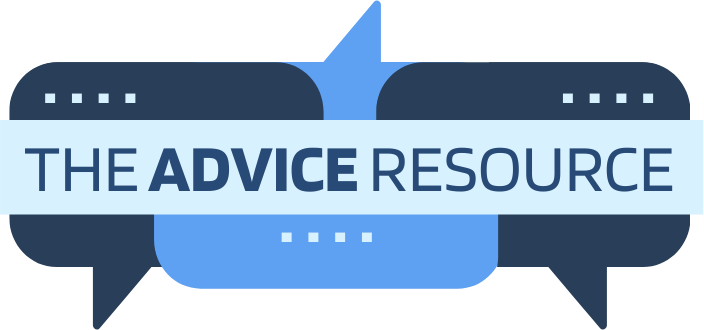
Starting a business can be a nervy time for an entrepreneur, particularly if it’s a first attempt. You have several decisions to make before you even open your doors, and you may struggle with second guessing yourself. Fortunately, you aren’t the first person to start a business, and there are dozens of professionals who make it their job to help entrepreneurs find success.
As such, we’ve asked several business coaches a single question:
“What practices help someone be successful at starting a business?”
Harness Your Confidence
“To be successful at starting a business, they must harness their confidence, walk with the conviction of knowing who they are, and put that energy into three key areas of building their business:
1. Knowing their niche and what they specialize in
2. Understanding who their ideal client is and what that client needs
3. Having clarity about what their signature offer is.
When a person knows how to operate their business from these strengths and understands the most important foundational steps of business building, success becomes limitless.”
Rachel Feldman, Business Coach
Do You Have Clarity?
“When starting out, one word is helpful—clarity—clarity of what it is you are offering (product/service), clarity of who your ideal customer is (market research), clarity of pricing (competitive research), and clarity on how you’re going to reach your customer base.”
Guy Whitcroft, Coach/Consultant | Business Fitness
Create Your Future
“The best way to predict your future is to create it. Begin with the end in mind. See your business as if it was already a successful business, then work backwards to match the vision.”
Mary E. Turner, RN, Certified EMyth Business Coach, Board Certified Nurse Coach | Coach RN
The Power of the Pen
“One practice that will help you is to display “The Power of the Pen” by “Documenting With Discipline.” What that means is that by consistently writing down your tasks and crossing them off as you go, you are developing a pattern of accomplishment every day.”
Corey Dissin, Marketing & Business Coach
Have The Vision
“You need to know what problem you’re solving, who your target market is, and what makes your business unique. Without a clear vision, you’ll find it hard to make any progress and your business will likely falter.”
Sharon Lee, CPLC, CBC, NLP | Fearless Pursuits, LLC
Know Your “Why”
“What is the reason for the existence of your business?
Clearly define and communicate the mission of your business.
What are the values you want to install?
Define the value of your business.
Why are you starting this business?
Know your ‘why’.”
Leon Kammer, Confidence Coach | Leon Kammer Coaching
Build On Trust
“Build on trust, honesty, and integrity by sticking to clear principles you can lean on. Trust precedes sustainable success in everything you do.”
Jussi Luukkonen, Leadership Coach, Facilitator, Speaker, and Author
Know What Lights You Up
“Notice what work lights you up. That’s the work you were built to do! Then, create a business that enables you to DO that work.”
Sue Elliott, Founder | My Angel Coach
Know Your True Purpose
“In starting a business, a person first needs a strong sense of their own personal “Purpose” and their “Why”. The reason this is important is that most businesses that do not succeed fail due to a lack of true purpose and not knowing what will keep them grinding through the tough times.”
Patrick Cummings, entrepreneur, business coach, wealth management advisor, and published author | PNP Strategies
Separate Core Functions by “Seats”
“When starting a business, it’s ideal to build out all the core functions of the business into “seats” or roles. When starting out, you as a business owner are going to sit in probably most, if not all, the seats. As you’re able to add resources and more people, you slowly pull yourself out of those seats, one by one, so that you’re able to elevate into your ideal function within the business.”
Patrick Metzger, CEO/Founder & Coach/Advisor | The Greenhouse
Focus on Team Building
“Build a strong team. No one can start a business on their own. You’ll need to build a group of talented people who share your vision and can help you achieve your goals.”
Alan Wozniak, Founder | Business Health Matters
We’d love to add your expert opinion here too! Please reach out to us with your answer to this question:
“What practices help someone be successful at starting a business?”
Contact us today with your answer to this question!


